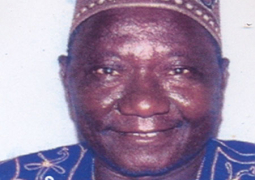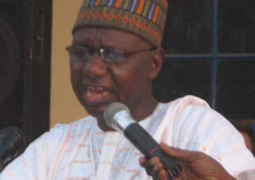The experience today in many African societies including The Gambia is such that low levels of civil involvement and political apathy remain a dominant feature among young people. It seems to indicate that youth participation in political processes is declining.
While there is a common problem of registration of minors, many young eligible voters do prefer staying away from politics in general. Some will neither vote nor go in for local council elections or contest for seats at the National Assembly.
My argument here is that, in as much as we have more elderly people in the House, it is also extremely important for us to have youth representatives. To have this done, young people must come out and show their interest in the country’s political process by voting and contesting for elections. With only few hours for the Independent Electoral Commission (IEC) to close the general voter registration, we therefore urge all eligible young people who are yet to register to do so as soon as possible.
The common attitude among political elites is that young people do not have sufficient political knowledge to be included in national planning and decision-making processes must be a thing of the past. However, even though participation in elections is only one measure of civil participation, many young people in
We therefore need more youth representation in the National Assembly and local councils so that they can champion the cause and interests of young people.
In The Gambia, for instance, young people constitute over half the population yet they remain under-represented in the national assembly and local councils.
We need more youths to contest for the 2012 National Assembly elections and 2013 Local Area Council elections. Youths have the ability to think, bring positive change and foster development to a nation, provided they are given the opportunity. Therefore, it will be prudent for our political parties to consider nominating more youth candidates to contest under their tickets.
One key factor in democratic politics is that citizens become accustomed to participating in political processes through political institutions, civil society, political parties, the act of voting, expression of opinion between and during elections, making regular contacts with elected representatives, among others. Therefore marginalizing young people in our democratization process will pose great threat to our national development.
Recently we have seen the National Youth Council (NYC) for the first time going around encouraging the youth to participate effectively in the democratization process. Such a move by the NYC and National Council for Civic Education as well as other CSOs would enhance youth participation in politics in the country.
Finally, once more, I encourage and call on all young people to actively take part in politics for the betterment of the country’s youthful population.



